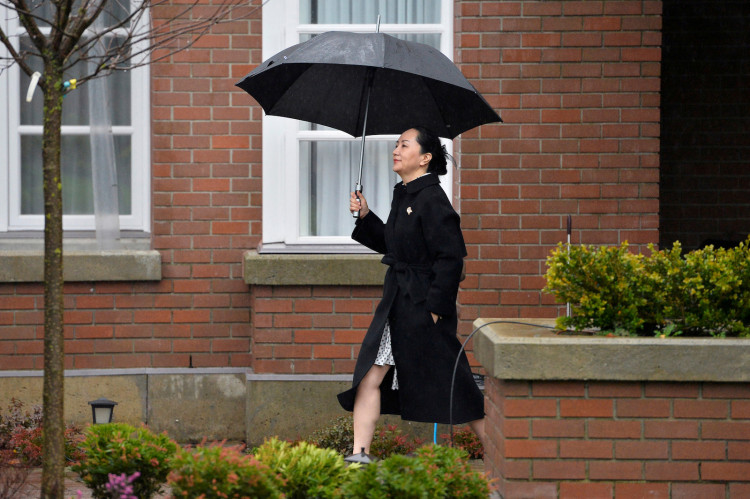Working with their U.S. counterparts, Canadian authorities showed “flagrant disregard” for the rights of detained Huawei executive Meng Wanzhou during her interrogation at Vancouver International Airport in 2018, her lawyer told the court on Wednesday at an extradition hearing.
Evidence presented by prosecutors has been “less than truthful,” according to Meng defense counsel Tony Paisana, as the two-year legal battle to avoid American extradition turned this week to her treatment by Royal Canadian Mounted Police (RCMP) and Border Services (CBSA) officers.
“The RCMP and CBSA had a duty to her to act honourably and transparently (and) the authorities failed in these duties, at times miserably,” Paisana said.
He alleges that the officers were acting at the behest of U.S. federal authorities and during the hearing “gave less than truthful testimony that borders on the absurd.”
Retired RCMP sergeant Ben Chang, who handled Meng’s electronic equipment including her phone and laptop, refused to testify in court altogether in what the lawyer called an “unprecedented act.”
Instead of promptly arresting Meng at the airport, officers purposely ignored a court order and questioned her for three hours while searching her electronic devices, according to Paisana.
This was just one example of Canadian police putting FBI demands over the detained Meng’s rights, something that occurred “at nearly every turn” in the investigation, the lawyer told the court.
According to a transcript read aloud by Paisana of Meng’s conversation with border officials after her arrest at the airport, the executive responded to accusations “poignantly” and surprise.
“You’re saying I committed fraud in the United States?” she told authorities.
If extradited, Meng will face charges of fraud in the U.S. related to the business dealings of a Huawei subsidiary in Iran that put the company’s bank at risk of violating economic sanctions.
However, the court heard earlier this month that any alleged fraud did not harm HSBC, and that bank employees were in fact aware of the relationship between Huawei and the business with Iranian interests.
The ongoing case has damaged Canada-China relations and months after Meng’s arrest in December 2018, two Canadians, Michael Kovrig and Michael Spavor, were arrested by Chinese authorities in retaliation. The men remain behind bars to this day.





